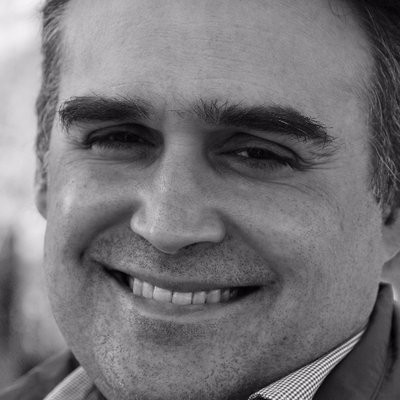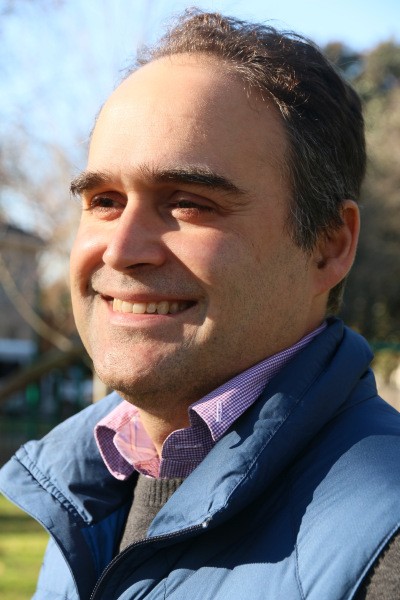Alright – so today we’ve got the honor of introducing you to Marcus Banks. We think you’ll enjoy our conversation, we’ve shared it below.
Alright, Marcus thanks for taking the time to share your stories and insights with us today. Do you take vacations? How do you keep things going – any advice for entrepreneurs who feel like they can’t step away from their business for a short vacation?
I definitely take vacations. They are an investment in yourself so that you don’t become burned out and then need to take more time off later, under less auspicious circumstances, The vacation could simply be hiking nearby or something else that is manageable; it does not have to be lavish, although that is fine too!
See vacations as opportunities to recharge, not as unjustified time away from work.

Marcus, before we move on to more of these sorts of questions, can you take some time to bring our readers up to speed on you and what you do?
I am a medical journalist, which means I aim to describe the results of complicated research in compelling ways that are easy to understand. I speak to doctors, nurses, researchers, and patients.
One of my areas of focus is ensuring that cancer treatments are not so toxic and distressing that people begin to forego treatments. Chemotherapies can lead to nausea, exhaustion, hair loss, and diarrhea – and sometimes for no reason, because a lower dose of the treatment would have kept the cancer at bay. I’ve worked with patient advocates to make this clear, and am proud of this work.
Before becoming a journalist I was a librarian who helped doctors and nurses find the most relevant and credible research for their own research projects. Now I get to tell the stories of the results of those projects, including how a new treatment could make people’s lives better. It’s wonderful work!
How about pivoting – can you share the story of a time you’ve had to pivot?
As I mentioned, I was a librarian before becoming a journalist. I did this for 14 years. The salary was steady, not princely but enough to make a decent living.
The trouble over time was that, for me, the work was not fulfilling. I was helping other people find information so that they could go out and do great things, rather than creating work myself. Many librarians get great satisfaction from being behind the scenes like this; they are naturally helpful, kind, and resourceful. But for me this was not fulfiling, I wanted to write.
And so, at the age of 41, I enrolled in a masters program in science, health and environmental journalism at New York University. My classmates were as young as 21, and no older than their early 30s. If I do say so myself. it took a lot of courage to go back to school at that age. Not everyone needs to go to J-school to become a reporter, but for me it was wonderful at creating a network and developing practical skills.
I love my work now, it’s more in line with my personality and values. On the other hand, during lean months I do miss the steady paycheck that library work provided. In my case I am deeply lucky that my wife, Pi Wen, also works as a consultant. This gives a cushion that enables me to take risks as a freelance journalist. For me, at any rate, there is no way I’d do this alone.
Any advice for growing your clientele? What’s been most effective for you?
Perhaps this is boring and obvious, but word of mouth. One of my clients (who has since moved on to another role) was an editor at a publishing company with many different magazines. After working steadily at that outlet for a year, the editor introduced me to one of his colleagues at another magazine in the firm – and now I write for that second place more than the first!
Being responsive to editor queries, pleasant in all regards, and timely and accurate will go a very long way in this business.
Contact Info:
- Twitter: @marcusabanks
Image Credits
Pi Wen Looi


